The Municipal Water Authority of Aliquippa in Pennsylvania confirmed that hackers took control of a system associated with a booster station over the weekend, but said there was no risk to the water supply.
The company provides water and sewer services to more than 6,600 customers in Aliquippa and portions of Hopewell, Raccoon and Potter Townships.
A representative of the water utility told KDKA-TV that the compromised system is associated with a booster station that monitors and regulates water pressure for Raccoon and Potter Townships.
An alarm quickly alerted the Aliquippa utility of the intrusion and the compromised system was disabled. The water facility’s representative said there was no known risk to the water supply or drinking water.
An Iran-linked hacktivist group calling itself Cyber Av3ngers has taken credit for the attack. The anti-Israel hackers appear to have targeted an industrial control system (ICS) made by Israeli company Unitronics.
An image posted by KDKA-TV suggests that the hackers took control of an Unitronics Vision system, which is a programmable logic controller (PLC) with an integrated human-machine interface (HMI). Unitronics Vision products have been known to be affected by critical vulnerabilities that could expose devices to attacks.
On the other hand, HMIs are often left exposed to the internet and are accessible without authentication, making them an easy target even for low-skilled threat actors.
The Cyber Av3ngers group claims to have breached the systems of many water treatment stations in Israel since the Israel-Hamas conflict escalated on October 7.
However, the hackers have been known to exaggerate the impact of their attacks and have even been found to publish fake data and claim it was stolen from a targeted organization.
Hacktivist groups often target ICS because they are well aware of the potential implications of hacking these types of devices and it helps them draw more attention to their cause.
In many cases, hacktivists don’t need to be industrial system experts in order to conduct attacks. Because HMIs are often left unprotected, hackers can easily access them and change parameters that could have a significant impact on physical processes.
The claims of such hacktivist groups are often exaggerated, but experts have warned that they should not be ignored.
KDKA-TV reported that Pennsylvania State Police were notified of the incident at the Aliquippa water utility, but it’s unclear if federal authorities have also gotten involved in the investigation.
Cyberattacks aimed at the water sector are not uncommon and there have been confirmed reports of attacks impacting ICS at water facilities. That is why the US government agency CISA recently started offering a free vulnerability scanning serviceto organizations in this sector.
Iran-Linked “Cyber Av3ngers” Hackers Compromise Control System at Pennsylvania Water Utility
Iran-Linked "Cyber Av3ngers" hackers compromised an industrial control system at the Municipal Water Authority of Aliquippa (MWAA) in Pennsylvania.
Iranian Hackers Target Industrial Firms
(Eduard Kovacs - SecurityWeek) - A cyber espionage group linked by security researchers to the Iranian government has been observed targeting aerospace and energy organizations in the United States, Saudi Arabia and South Korea. The threat actor, tracked by FireEye as APT33, is believed to have been around since at least 2013. Since mid-2016, the security firm has spotted attacks aimed by this group at the aviation sector, including military and commercial aviation, and energy companies with connections to petrochemical production. Specifically,



